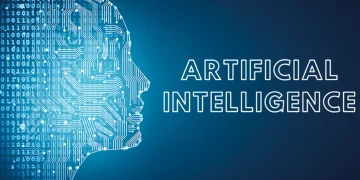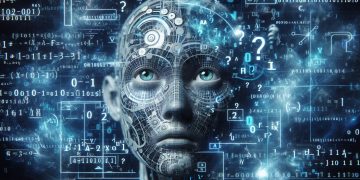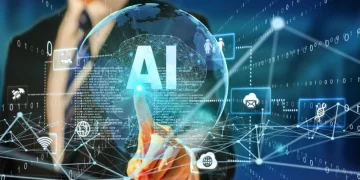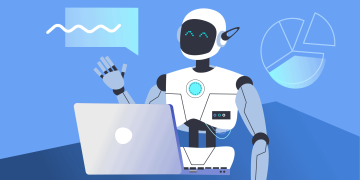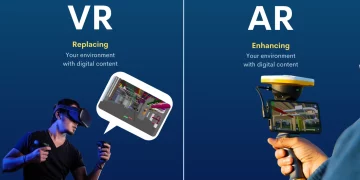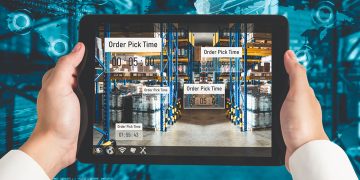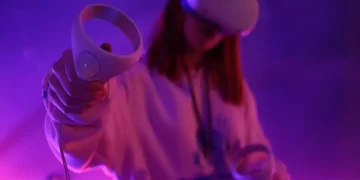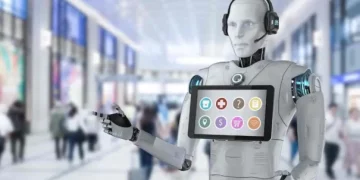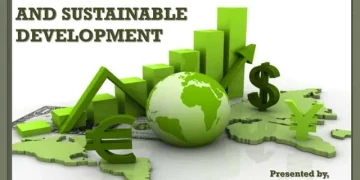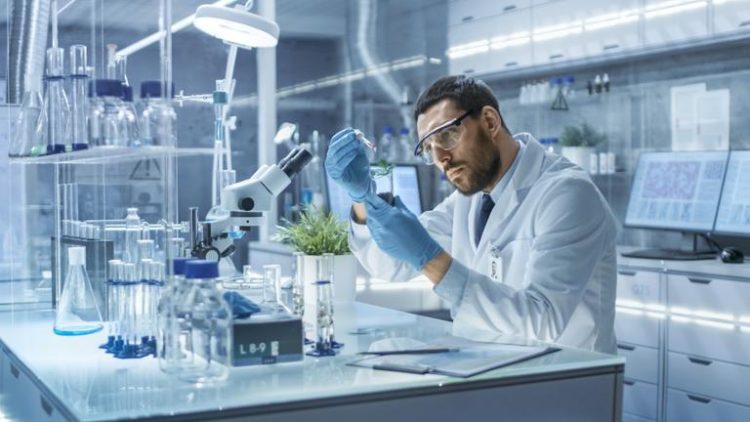Introduction: The Double-Edged Power of Life Engineering
Biotechnology is humanity’s most profound scientific tool—and perhaps its most ethically complex. It gives us the power to rewrite life itself, from editing human genes to growing organs in laboratories and extending the human lifespan. Each new discovery brings both unprecedented hope and unsettling moral questions: How far should we go in shaping life? Who decides what is “normal,” “healthy,” or “enhanced”?
As biotechnology accelerates faster than regulation, society stands at a moral crossroads. The same tools that can cure genetic diseases could also design “perfect” babies. The same synthetic biology that produces life-saving drugs could create bioengineered pathogens. In this sense, biotechnology mirrors humanity’s dual nature—it reflects both our compassion and our ambition.
This article explores the ethical, social, and philosophical dimensions of biotechnology. It asks how we can balance innovation with responsibility, power with humility, and scientific progress with human values.
1. The Promise of Hope: Healing, Extending, and Enhancing Life
1.1 Biotechnology as the Engine of Modern Medicine
At its best, biotechnology is a force for healing. Gene therapy, stem cell research, and regenerative medicine are turning incurable diseases into manageable or curable conditions. The eradication of spinal muscular atrophy in infants through genetic intervention, or the restoration of sight in hereditary blindness, shows what was once unthinkable is now possible.
Biotechnology also drives vaccine innovation, cancer immunotherapy, and personalized medicine. Millions of lives have been saved through recombinant DNA-based drugs like synthetic insulin and monoclonal antibodies. For many patients, biotechnology represents hope in its purest form—the hope of life itself.
1.2 Life Extension and Quality of Aging
Beyond curing disease, biotechnology aims to improve the quality of aging. Longevity research explores how cellular repair, genetic stability, and metabolic control could extend human lifespan. Techniques like telomere rejuvenation, CRISPR-based genome correction, and senolytic drugs target the biological mechanisms of aging.
But extending life raises moral and social questions: Who will have access to these treatments? What happens to social structures, economies, and relationships if humans routinely live beyond 120 years? The promise of longevity also brings the challenge of meaning—what does it mean to live a good life, not just a long one?
1.3 Human Enhancement: Beyond Therapy
Biotechnology’s ultimate promise may lie not just in healing, but in enhancement—improving human performance, intelligence, or resilience beyond natural limits. Neural implants could boost memory or cognitive ability. Genetic modification might enhance strength, vision, or resistance to disease.
However, the line between therapy and enhancement is blurry. Restoring normal function for one person might count as “enhancement” for another. Should parents be allowed to edit embryos for intelligence or beauty? Is it ethical to create genetically “optimized” humans when natural diversity is what makes humanity resilient?
These questions reveal the paradox of biotechnology: it empowers us to transcend our limitations, yet forces us to confront the essence of what makes us human.
2. The Ethical Core: Principles for Responsible Innovation
2.1 Beneficence and Non-Maleficence: Do Good, Do No Harm
The oldest rule of medicine—primum non nocere (“first, do no harm”)—remains central in biotech ethics. Every innovation must balance potential benefit with possible harm. Gene editing, for example, can correct disease-causing mutations but may introduce off-target effects. The risks are not only biological but social—discrimination, inequality, and misuse.
Beneficence demands that biotechnology serve human welfare broadly, not just the interests of corporations or wealthy nations. Technologies must be developed and distributed in ways that maximize benefit and minimize harm for all.
2.2 Autonomy and Informed Consent
Biotechnological interventions—especially genetic testing and manipulation—require individuals to make deeply personal choices. True autonomy depends on informed consent, yet many people lack the scientific literacy to fully grasp genetic risks or implications.
Who truly “owns” one’s DNA data once it’s sequenced and stored in a company database? Do patients understand the long-term consequences of sharing that information? Ethical biotechnology demands transparent communication and meaningful consent, not just legal paperwork.
2.3 Justice and Access
One of the greatest ethical challenges in biotechnology is inequality. Advanced gene therapies can cost millions of dollars per patient. mRNA vaccines, though revolutionary, were initially distributed unevenly across the globe.
Justice requires that life-saving biotech innovations be accessible to all, not just those who can afford them. This calls for international cooperation, public funding, and equitable policy frameworks that treat health as a right, not a privilege.
3. The Controversies: Where Science Meets Society
3.1 The Debate Over Gene Editing and “Designer Babies”
The most visible ethical flashpoint in biotechnology is germline editing—modifying genes in embryos so that changes are heritable. When Chinese scientist He Jiankui announced in 2018 that he had edited twin embryos to resist HIV, global outrage followed. The scientific community condemned the act as premature, unsafe, and unethical.
The controversy revealed a global consensus: while gene therapy in adults is acceptable for treating disease, editing embryos crosses a moral line until safety, oversight, and social consensus are achieved. The specter of “designer babies” forces humanity to question whether we should control evolution itself—and whether doing so could undermine human diversity.
3.2 Cloning and Synthetic Life
Since the birth of Dolly the sheep in 1996, cloning has raised concerns about identity, individuality, and the commodification of life. Although human reproductive cloning remains banned, cloning technologies are used for medical research and endangered species preservation.
Synthetic biology, which allows scientists to design organisms from scratch, blurs the boundary between natural and artificial life. Creating synthetic microbes to produce fuels or medicines is revolutionary—but could also pose biosafety risks if engineered genes escape into the environment.
The challenge is to harness creation without losing respect for the natural complexity of life.
3.3 Ownership of Life: Patents and Genetic Data
Should genes be patented? In the early 2000s, corporations sought patents on human gene sequences, claiming ownership over diagnostic tests. The U.S. Supreme Court’s 2013 ruling against gene patents affirmed that “a product of nature” cannot be owned. Yet, biotech companies still patent genetic modifications and synthetic sequences.
Similarly, the collection of genomic data by private companies raises questions of privacy and profit. If your DNA contributes to a medical breakthrough, should you share in the benefits? The balance between innovation incentives and human dignity remains delicate.
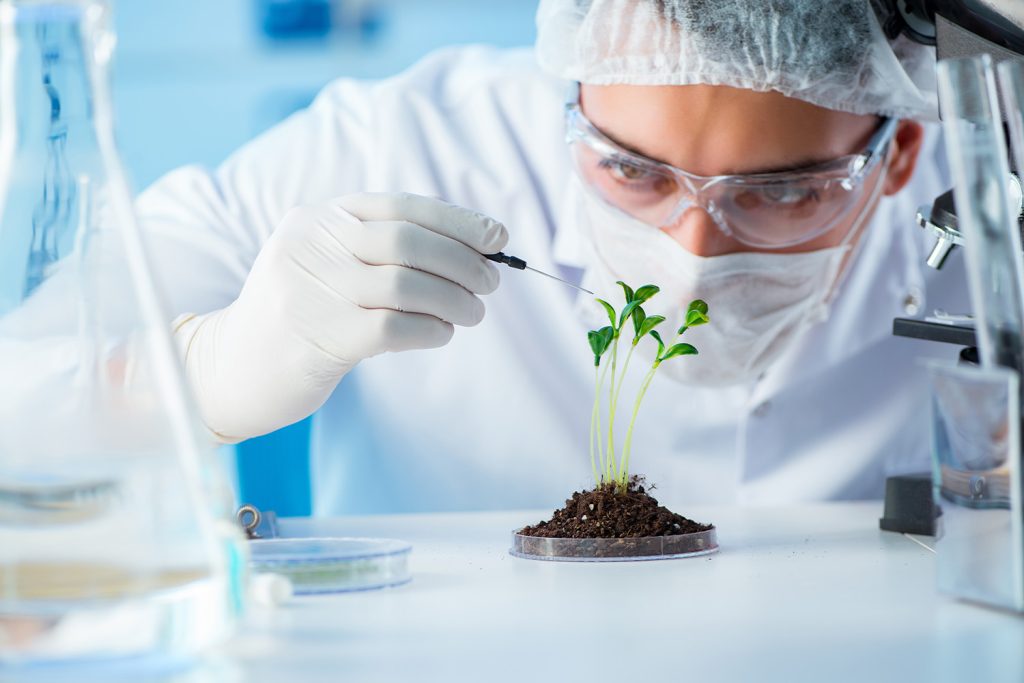
4. Biotechnology and Society: The Human Impact
4.1 The Psychological Dimension
Genetic knowledge changes how people perceive themselves. A simple DNA test can reveal ancestry, disease risk, or unexpected family relationships. While empowering, such knowledge can also create anxiety or fatalism. Some people overestimate genetic determinism, believing they are “doomed” by their DNA, ignoring lifestyle and environmental influences.
Ethical biotech communication must emphasize that genes are probabilities, not destinies—and that biology is only part of who we are.
4.2 The Cultural Dimension
Different cultures interpret biotechnology through diverse moral frameworks. Western ethics often emphasize individual autonomy, while Eastern traditions highlight collective harmony and natural balance. In some cultures, altering human genes is seen as “playing God”; in others, it is viewed as a continuation of nature’s creative force.
Cultural pluralism demands that biotechnology ethics be global but flexible—respecting local values while maintaining universal human rights. International dialogue, not unilateral regulation, will define the moral landscape of biotechnology.
4.3 The Socioeconomic Dimension
Biotechnology could reshape economies as deeply as the Industrial Revolution did. Genetic data could become the next major commodity, and nations that control biotech research may dominate future industries—from pharmaceuticals to agriculture.
However, this also risks creating a “bio-divide” between technology-rich and technology-poor regions. Ethical governance must ensure that biotechnology empowers rather than exploits.
5. Environmental Ethics: Beyond Human Health
Biotechnology’s impact extends far beyond human medicine. Genetic engineering of crops, microorganisms, and animals raises ecological and moral questions.
5.1 GMOs and the Planet
Genetically modified organisms (GMOs) can improve crop yields, resist pests, and reduce pesticide use—but they also challenge traditional farming and biodiversity. Critics fear that modified genes could spread uncontrollably in ecosystems or displace natural species.
Biotechnologists argue that responsible regulation and monitoring can mitigate these risks. The moral imperative is to use genetic tools to feed a growing population while safeguarding the planet’s integrity.
5.2 De-Extinction and Biodiversity Engineering
Some scientists propose using biotechnology to resurrect extinct species—like the woolly mammoth—by editing the genomes of their closest living relatives. Supporters see this as a way to restore ecosystems; opponents warn that it could distract from protecting species still alive today.
These debates reveal a deeper ethical question: should humanity act as Earth’s genetic custodian, or should we accept natural limits? Biotechnology tests not only our technical skills but our ecological wisdom.
6. Building Ethical Frameworks for the Future
6.1 Global Governance and Oversight
Biotechnology knows no borders; its regulation must therefore be global. The World Health Organization and UNESCO have called for international ethical guidelines on gene editing, data use, and biosecurity. Collaborative frameworks can prevent “ethics shopping,” where researchers operate in countries with weaker regulations.
Transparency, peer review, and public accountability are the best safeguards against misuse.
6.2 Education and Bioethics Literacy
Ethical decision-making begins with understanding. Public education about genetics, biotechnology, and data ethics is essential. Citizens, not just scientists, should participate in discussions about the direction of biotechnology.
Universities now include bioethics as a core subject in medical and life sciences programs, recognizing that scientific literacy without ethical literacy is incomplete.
6.3 Responsible Innovation: The Human-Centered Approach
The concept of “Responsible Research and Innovation” (RRI) emphasizes that technological development must align with societal values. This means engaging diverse stakeholders—scientists, ethicists, policymakers, patients, and the public—in decision-making.
Ethical biotechnology is not about restricting science; it is about guiding it toward justice, empathy, and sustainability.
7. Biotechnology, Humanity, and the Meaning of Progress
The deepest ethical questions in biotechnology are philosophical: What is life? What does it mean to be human? Should we perfect ourselves, or accept imperfection as part of our identity?
Technology changes faster than morality evolves, but ethics remains our compass. As biotechnology blurs the boundaries between natural and artificial, treatment and enhancement, life and design, we must continually re-examine our values.
Biotechnology gives us god-like abilities, but not god-like wisdom. Our challenge is to cultivate that wisdom—to use science not to dominate life, but to understand and harmonize with it.
Conclusion: The Moral Genome of the Future
The story of biotechnology is not only a scientific revolution but a moral awakening. It forces humanity to confront timeless questions in new forms: power and responsibility, freedom and restraint, creation and compassion.
We are writing a new chapter in the story of life—not in ancient myths or religious texts, but in genetic code, algorithms, and living cells. Whether that story becomes one of harmony or hubris depends on the ethical choices we make today.
As we move deeper into the biotech century, hope must remain our guide—but humility must be our guardian. The true test of biotechnology is not how much life we can create or extend, but how wisely, justly, and compassionately we choose to do so.


